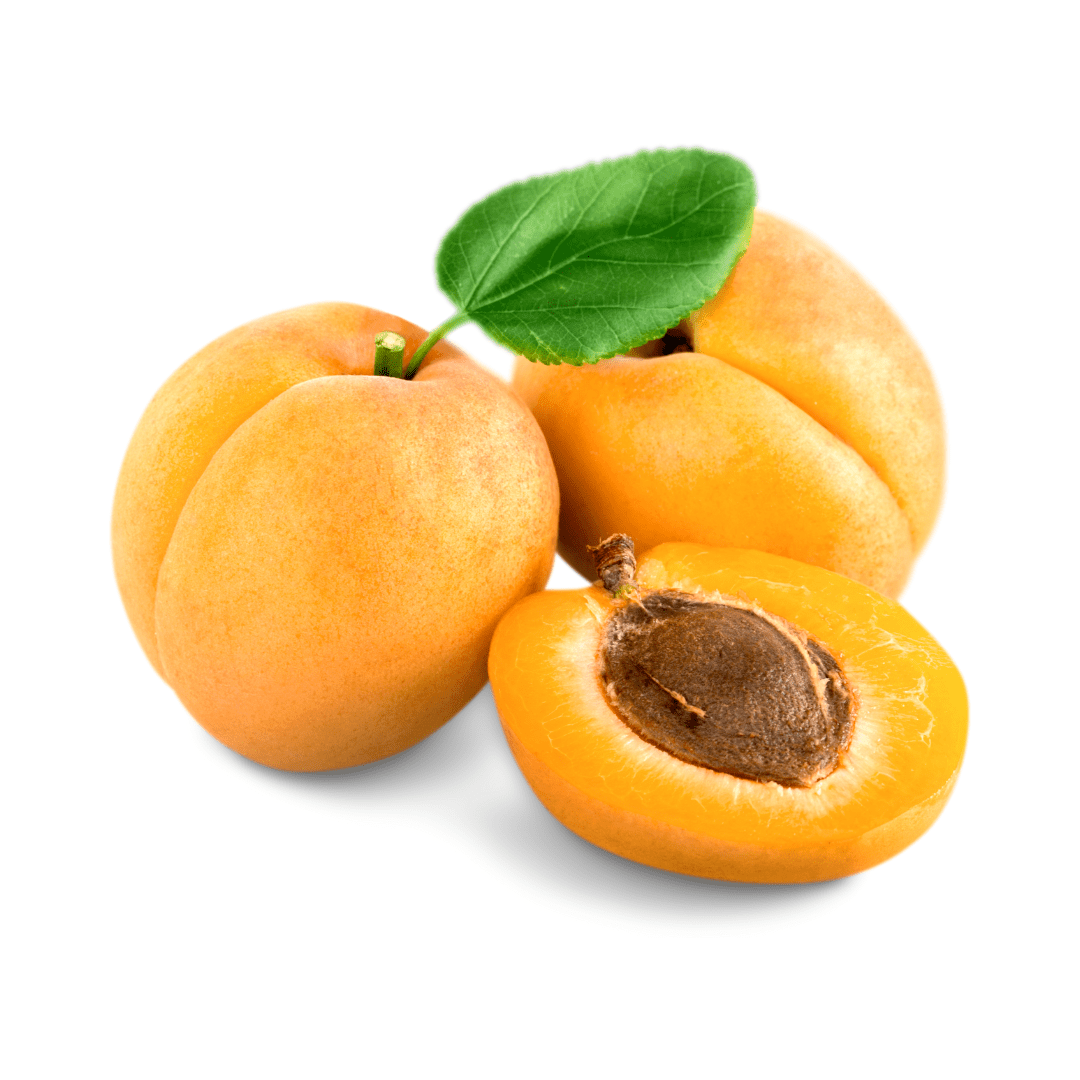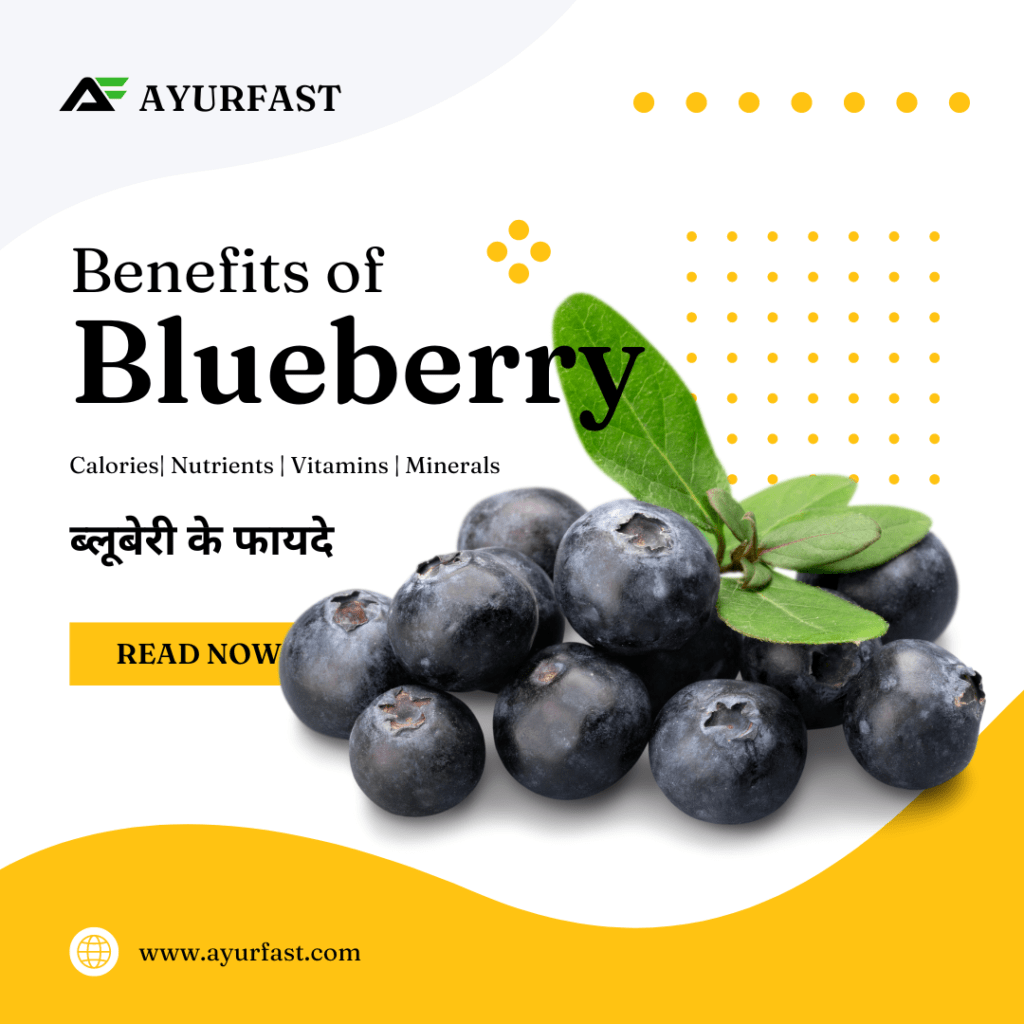About
Apricot is a small, golden-orange fruit that is rich in vitamins and minerals. It is typically eaten fresh or dried and is often used in jams, jellies, and other food products.
Benefits of Apricots:
-
Good for Digestive Health: Apricots are a good source of dietary fiber, which helps to promote digestive health and prevent constipation.
-
High in Antioxidants: Apricots contain antioxidants that help to protect the body against damage from free radicals and reduce the risk of chronic diseases like cancer, heart disease, and Alzheimer’s.
-
Boost Immune System: Apricots are rich in vitamin C, which helps to boost the immune system and protect the body against infections and diseases.
-
Promote Skin Health: Apricots contain vitamin A, which is essential for healthy skin and can help to prevent signs of aging, like wrinkles and fine lines.
-
Good for Eyesight: Apricots are a rich source of beta-carotene, which is converted to vitamin A in the body and is important for healthy eyesight.
Diseases that can be cured by consuming Apricots:
-
Anemia: Apricots are a good source of iron, which is important for the production of red blood cells and can help to prevent anemia.
-
Cardiovascular Disease: The high antioxidant content in apricots may help to reduce the risk of cardiovascular disease by protecting against damage from free radicals.
-
Osteoporosis: Apricots are a good source of calcium and vitamin K, which are important for bone health and can help to prevent osteoporosis.
Table of Energy and Macronutrients in 50g serving of Apricot:
| Nutrient | Amount |
|---|---|
| Calories | 24 |
| Carbohydrates | 5.8g |
| Fiber | 1.4g |
| Fat | 0.1g |
| Protein | 0.5g |
| Water | 41.4g |
Table of Vitamins in 50g serving of Apricot:
| Vitamin | Amount |
|---|---|
| Vitamin A | 674 IU |
| Vitamin B1 | 0.01mg |
| Vitamin B2 | 0.02mg |
| Vitamin B3 | 0.4mg |
| Vitamin B6 | 0.02mg |
| Vitamin C | 3.4mg |
| Vitamin E | 0.4mg |
| Vitamin K | 3.4mcg |
| Folate | 5.5mcg |
| Biotin | 0.1mcg |
| Vitamin D | 0 IU |
| Vitamin B12 | 0mcg |
Table of Minerals in 50g serving of Apricot:
| Mineral | Amount |
|---|---|
| Calcium | 9mg |
| Iron | 0.2mg |
| Iodine | 0mcg |
| Zinc | 0.1mg |
| Magnesium | 6mg |
| Phosphorus | 16mg |
| Potassium | 143mg |
| Sodium | 0mg |
| Chloride | 0mg |
| Copper | 0.03mg |
| Chromium | 0mcg |
| Fluoride | 0.3mcg |
| Molybdenum | 1.4mcg |
| Manganese | 0 |
What are the health benefits of Apricot?
Apricots are rich in vitamins A and C, fiber, and antioxidants, supporting eye health, immunity, and digestion.
Where can I buy fresh Apricots?
Fresh Apricots are available in grocery stores, farmers' markets, or online fruit suppliers during the Apricot season.
Are there different types of Apricots?
Yes, there are various Apricot varieties, including Moorpark, Blenheim, and Goldcot, each with unique taste and texture.
What are some popular Apricot dishes?
Apricot tart, Apricot jam, and Apricot salad are some delicious and widely enjoyed Apricot dishes.
Can Apricot help with weight loss?
Apricots are low in calories and high in fiber, making them a satisfying and nutritious option for weight-conscious individuals.
How to incorporate Apricot into a balanced diet?
Apricots can be enjoyed fresh, dried, or cooked, and they make a healthy addition to breakfast, snacks, or desserts.
Are there any unique Apricot varieties?
Yes, unique Apricot varieties like Royal, Tilton, and Robada offer distinctive flavors and culinary uses.
What are the nutritional values of Apricot?
Apricots are a good source of vitamin A, vitamin C, potassium, and dietary fiber, contributing to a nutrient-rich diet.
What are the differences between Apricots and other fruits?
Apricots are distinct for their orange color, velvety skin, and unique flavor, setting them apart from other fruits.
Can Apricots be used in salads?
Certainly! Sliced or diced Apricots add a burst of sweetness and color to both green and fruit salads.
How should I store Apricots to maintain freshness?
Store ripe Apricots in the refrigerator to prolong their freshness, and consume them within a few days.
Are there any Apricot allergies or sensitivities?
While Apricot allergies are uncommon, some individuals may have sensitivities to stone fruits like Apricots.
What are the culinary uses of Apricot in different cuisines?
Apricots are used in both sweet and savory dishes, from Middle Eastern stews to French tarts and Chinese desserts.
Can Apricots be used in Mediterranean cuisine?
Yes, Apricots are a common ingredient in Mediterranean cooking, adding a delightful touch to various dishes.









